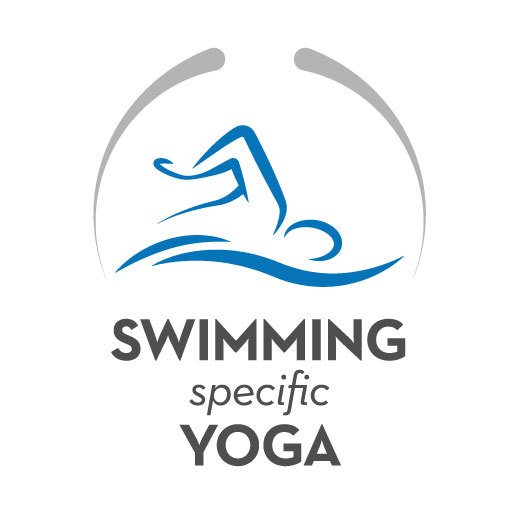For a swimming-specific yoga practice to be effective there are a few fundamental principles that should be followed.
In a series of presentations at both the American Swim Coaches Association Conference and the British Columbia Swim Coaches Association Conference I went over the principles and practices involved in swimming-specific yoga.
At the heart of each one of these presentations was the fundamental principles of a strong yoga practice designed for swimmers.
They include:
- Breathing
- Awareness
- Balance
- Stability
- Allowing
- Challenging
- Non-Judgment
Breathing
Work with your breath.
Swimming is one of the only sports where you cannot breath at will. This makes understanding how to work with your breath and the development of greater breathing efficiency critical to success in the water.
At its roots yoga is a practice of breath awareness. This fact makes swimming-specific yoga the perfect modality to develop efficiency, awareness and a deeper understanding of the breath.
Each session focuses on learning how the breath can be used to move with greater ease, create relaxation and control heart rate as well as increase self-awareness and focus.
Awareness
Focus on the present moment.
One of the most significant things that separates yoga from other dry land training modalities is the focus on developing present moment awareness.
This presence creates the opportunity for movement to be more intentional, which gives you a greater ability to understand how to move more efficiently and how you respond to different training stimulus.
Developing this awareness will create a stronger connection between the breath, the body and the mind as well as how each one of those influences the other. Understanding this connection is something that can be used to help improve your performance in the water.
Balance
Use a balanced approach to training.
A well designed training program is a balanced one. This concept applies to swimming-specific yoga as well. Too often people only focus on one of the benefits of yoga and do not develop a well rounded practice which includes strength, mobility and recovery.
The concept of balance should also be looked at on a macro level. If you already have training focused on strength in other areas implementing yoga to develop mobility is the perfect way to achieve balance.
Stability
Never sacrifice stability to gain a greater range of motion.
Joint stability is key when it comes to injury prevention and training in a functional way.
For an increase in mobility to be meaningful power needs to be applied in the new range of motion otherwise it will not have the desired effect in the water. To have the ability to apply force effectively and keep your joints safe they must be stable.
Remember the goal is to increase the effectiveness of your movement not achieve the “perfect pose”.
Allowing
Allow never force.
When coming into different poses always work with your individual range of motion.
As competitive athletes we learn to push past our current limits to achieve results. It is because of this mindset swimmers often try to force themselves into shapes they believe represent the “perfect pose”.
By doing this you create strain, tension and frustration all things that go against the goals of a swimming-specific yoga practice.
Allowing yourself to come into poses ensures you are working with your individual range of motion in a healthy and productive way. This also teaches patience in the development of your skills and gives you the ability to release tension with greater ease.
Challenging
Challenge equals growth.
Challenges in the way of improving strength, mobility and body awareness are obvious, but there are many subtle ones as well. Being able to intentionally relax, increase your mental endurance and develop your focus are all challenges a swimming-specific yoga practice presents.
Just like a workout in the water if it is done without a purpose it is a boring activity. A practice is transformed into an exciting endeavour once there is a purpose and a challenge that is explained and understood.
Non-Judgmental
There is a difference between person and performance.
Swimmers are constantly being judged either by themselves or their coaches. Whether it is your technical skills or the time put up on the clock your performance is being constantly critiqued.
This evaluation is needed to excel as an athlete, but if you approach all areas of your life with this mindset it can jeopardize your mental health.
The mat is a place where you have the opportunity to practice non-judgement. In the process of overcoming the challenges within a practice yoga can teach you to accept your experiences and not attach who you are to your results.
…
This Yoga for Swimmers article is brought to you by Swimming-Specific Yoga the world’s top resource for online yoga classes and content designed for swimmers and multi-sport athletes.
…
Sign up here to receive the Swimming Specific Yoga newsletter
The newsletter includes information on how yoga can enhance both your swimming performance and your wellness.
